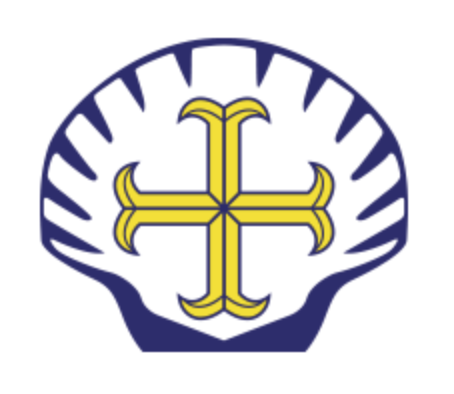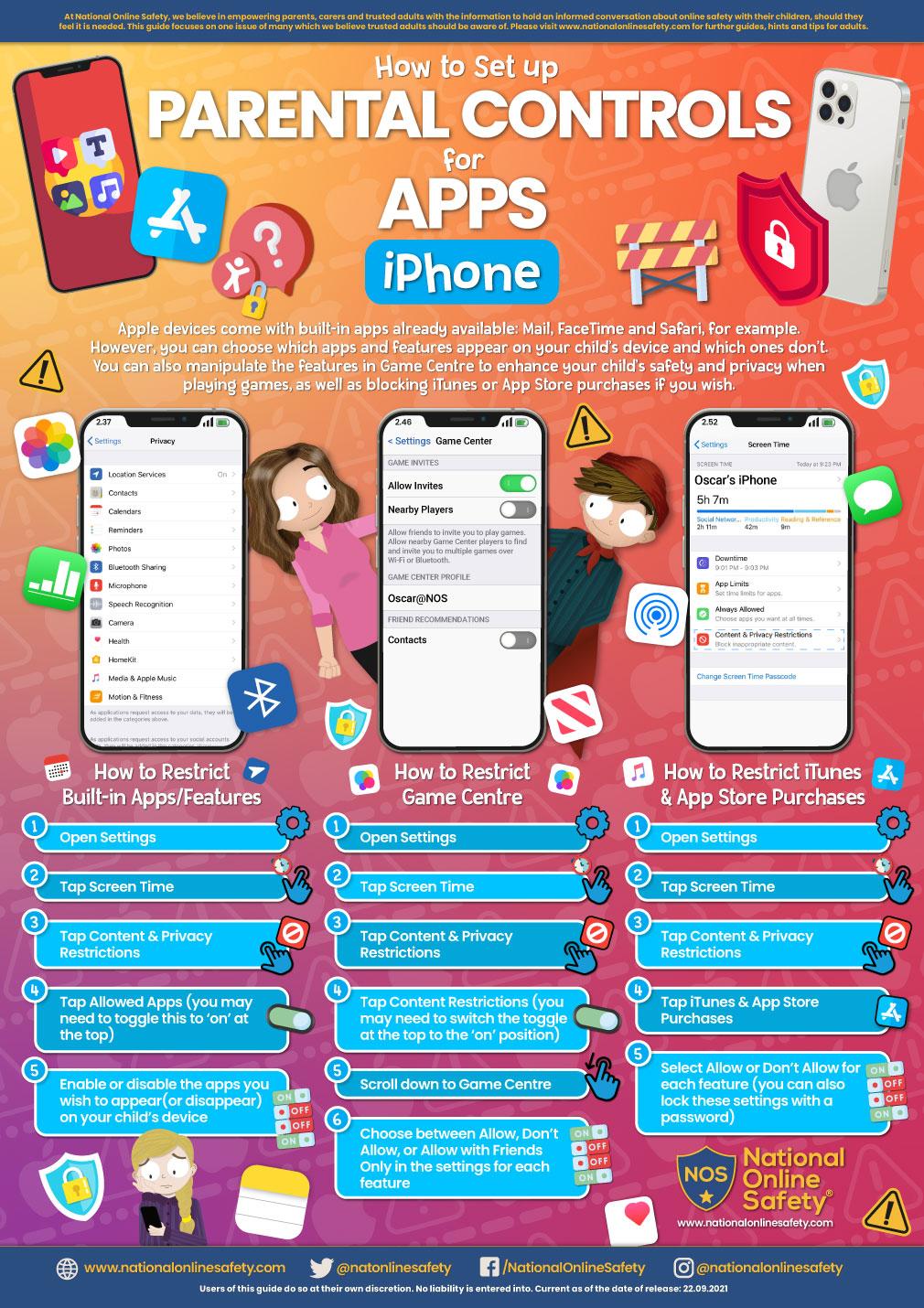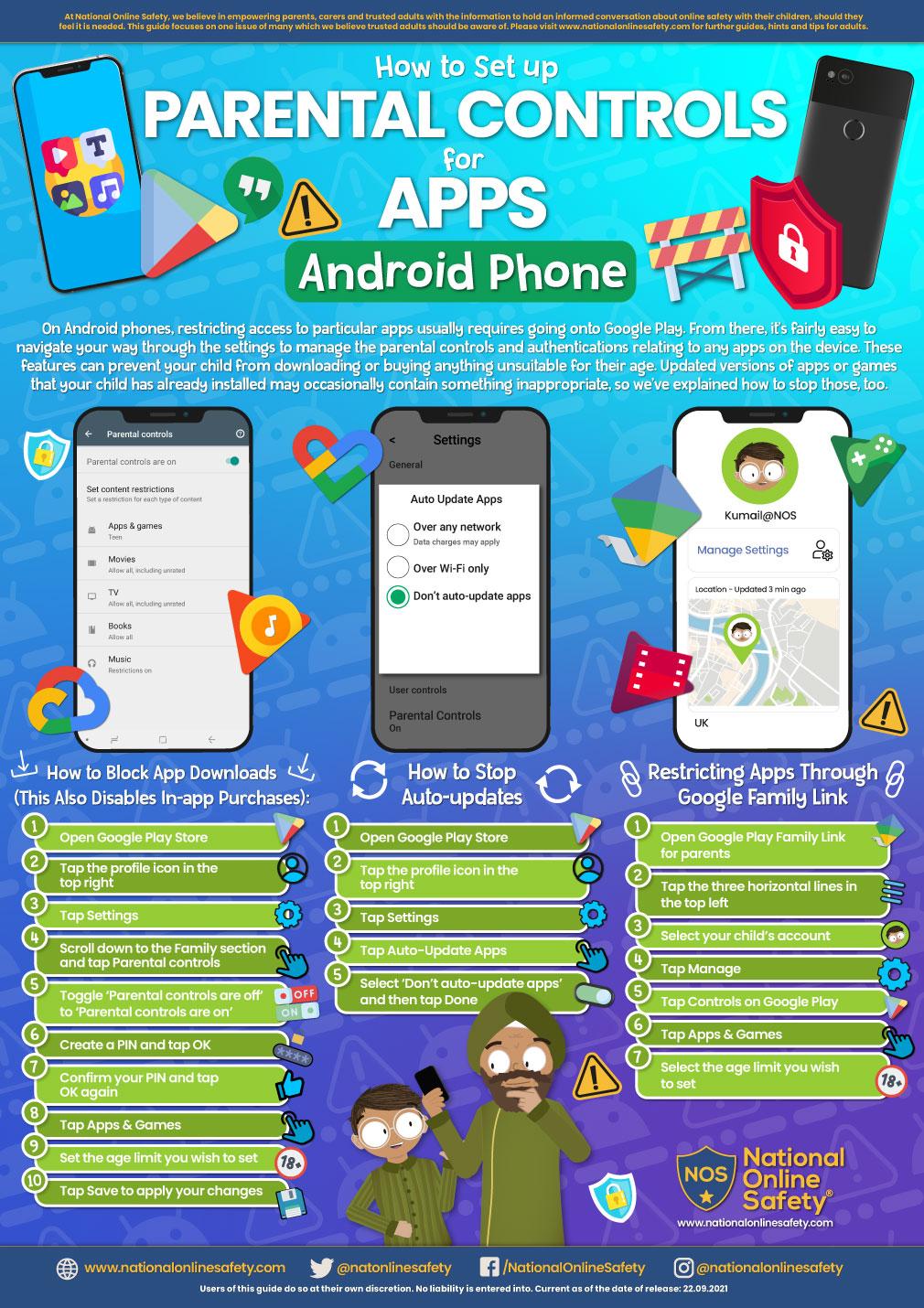
EMMAUS Church Of England & Catholic Primary School
We are friends journeying with Jesus in faith, hope and trust as we live, love and learn together
EMMAUS Church Of England & Catholic Primary School
Fir Tree Drive South Croxteth Park L12 0JE
Telephone:
Email:
Computing
“Computers themselves, and software yet to be developed, will revolutionise the way we learn.”
– Steve Jobs
Intent
At Emmaus, our Computing curriculum is designed to be inclusive, engaging, and ambitious. Our intent is to deliver a curriculum that is accessible to all and maximises the development of each child’s knowledge, skills, and confidence in computing. By the end of Key Stage 2, we want all pupils to be digitally literate, equipped to navigate and contribute to the modern world with independence, responsibility, and creativity.
Our curriculum is built upon a clear progression of knowledge and vocabulary from Early Years to Year 6, ensuring that pupils know more, remember more, and understand more as they move through the school.
We aim to:
-
Develop a rich and relevant understanding of the digital world, helping pupils make sense of the technology that shapes their lives.
-
Deliver the National Curriculum through the key strands of Computer Science, Information Technology, and Digital Literacy.
-
Prepare pupils to use technology safely and responsibly in a digitally connected society.
-
Empower children to adapt confidently to new technologies and the challenges they bring.
Our Computing curriculum is also intrinsically linked to our whole school curriculum drivers:
📖 Gospel Values
We teach pupils to use technology safely and respectfully, promoting kindness, empathy, and integrity online. Through Computing and events like Safer Internet Day, children learn to be ethical digital citizens, fully aware of both the risks and rewards of technology.
🌍 Cultural Capital
We provide real-world digital experiences that promote pupils’ communication, collaboration, and critical thinking. Tools such as blogs, emails, and digital presentations foster confidence and purpose, helping children express themselves in meaningful ways.
🤝 Diversity
We celebrate representation within the computing world. Children learn about diverse figures in tech, and see role models from various genders, ethnicities, and backgrounds, reinforcing the belief that computing is for everyone.
🧠 Independence
Our pupils are encouraged to explore, problem-solve, and be creative with technology. We nurture their ability to become resilient, flexible, and confident users of digital tools.
🚀 High Expectations
We set ambitious goals that challenge and inspire all learners, regardless of background or ability. Every child is supported to achieve their full potential and develop a growth mindset in computing.
Implementation
At Emmaus, Computing is taught through a well-planned and carefully sequenced curriculum that ensures progression of knowledge and skills across all year groups. We follow a structured scheme of learning based on the three key strands:
-
Computer Science – programming, algorithms, and understanding systems.
-
Information Technology – using applications for collecting, analysing, and presenting data.
-
Digital Literacy – understanding how to use technology safely, respectfully, and responsibly.
Lessons are tailored to meet the needs and interests of each cohort, and teachers adapt their delivery to reflect current events, pupil engagement, and available resources. Wherever possible, cross-curricular links are made to enhance learning and make it more meaningful.
We use a wide range of devices and platforms, including Chromebooks, iPads, interactive whiteboards, and web-based tools, to provide hands-on, relevant experiences. Adaptive teaching ensures that all pupils, including those with SEND, can access the curriculum and achieve success. Teaching assistants are deployed strategically to provide targeted support and promote independence.
Enrichment opportunities such as coding challenges, digital storytelling, online safety workshops, and Safer Internet Day further enhance the curriculum and deepen pupil engagement.
Staff receive regular professional development to stay up to date with advances in technology and effective computing pedagogy, ensuring confident and consistent teaching across the school.
Impact
The impact of our Computing curriculum is seen in how our pupils grow into confident, competent, and responsible digital citizens. They leave Emmaus with the skills, knowledge, and mindset to engage with technology thoughtfully and effectively.
Our pupils:
-
Know more, remember more, and do more in computing.
-
Are digitally literate, ready for the next stage of their education and life in a digital world.
-
Use computational thinking to approach problems logically and creatively.
-
Demonstrate an excellent understanding of online safety and how to protect themselves and others.
-
Communicate clearly and confidently using digital tools, and understand the ethical implications of technology.
-
Show a positive attitude towards computing, seeing it as a tool for learning, expression, and innovation.
-
Are inclusive and respectful, celebrating diversity in the digital world and understanding that technology is for everyone.
In short, we are developing pupils who are not just consumers of technology, but thoughtful creators, responsible users, and lifelong learners equipped to thrive in the digital age.
Current Policies and documentation
Computing Policy 2025
Online Safety Policy 2025
Whole school Computing Curriculum map 2025
Computing Progression Map 2025
Other useful information
Parent Zone
-
Parenting in a Digital World Online.pdf
-
Digital Parenting Magazine A guide to help your family live a happy and safe digital life.

